Celebrating God’s Greatness——An Interview with Ms. Ho Gaik Kim (Former STM Faculty)
As we celebrate STM’s 45th Anniversary this year, we want to praise God for His greatness and faithfulness throughout the remarkable 45-year journey of STM. Over these 45 years, Ms. Ho Gaik Kim, one of the pioneer faculty members, has witnessed the growth and development of STM.
1) Please describe your connections to STM.
I was a full-time faculty member from January 1990 to December 2021.
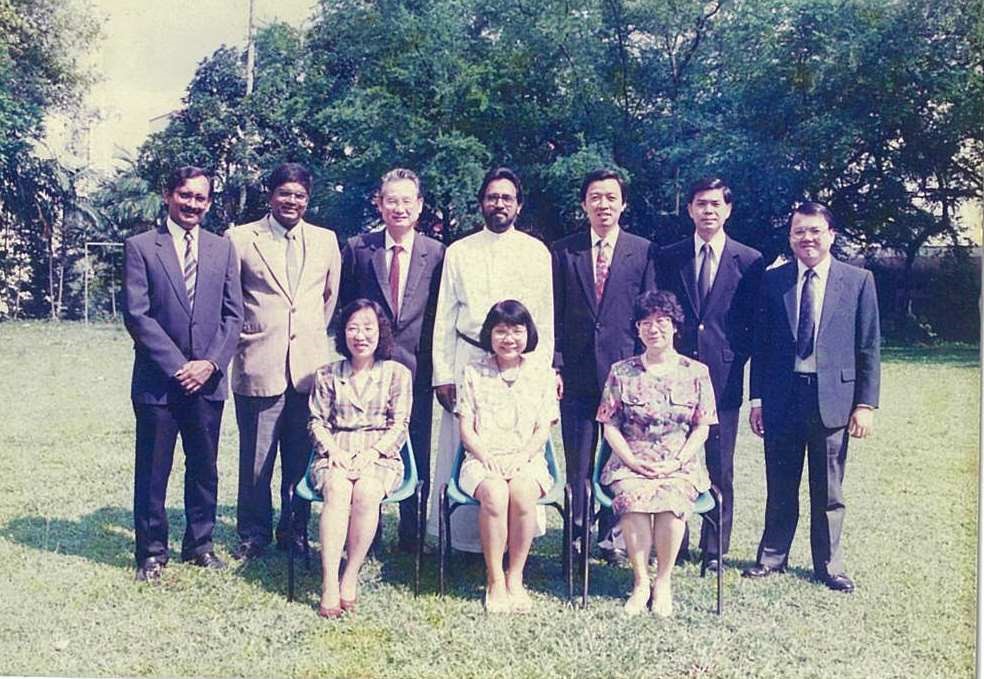
2) From your perspective as an early batch lecturer in STM, could you highlight specific changes in STM over the years that you find particularly noteworthy?
i) Having a permanent campus means we can better develop our worship, community and academic life, and also our library.
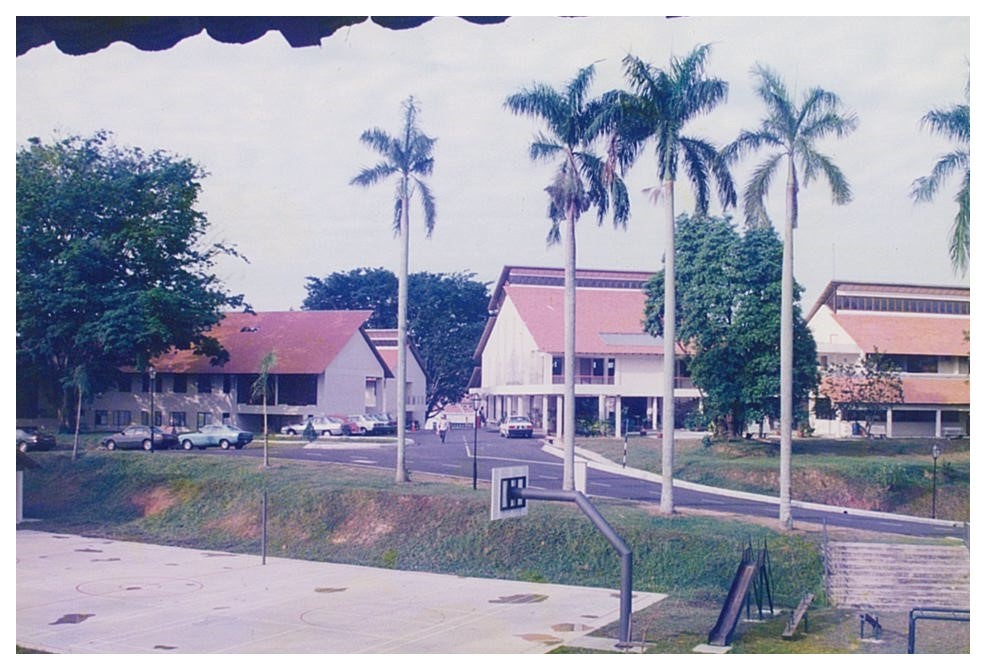
ii) After Rev. Dr. Robert Hunt left in the early 1990s, we had a fully local faculty. Because the situation required it, we had to develop our own people to meet our needs. We are thankful for the legacy left by many of the international faculty members who served earlier. Because of them we did not have to start from scratch as we transitioned. Something noteworthy is developing faculty members from among our alumni. The openness to accept visiting scholars from overseas is to be lauded. We greatly benefitted from their expertise in different fields and also their partnership in God’s service. To Mr. Allen McClymont, Dr. Paul Barker and Dr. Peter Lau, we owe a debt of gratitude.
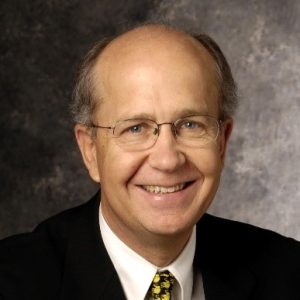 |
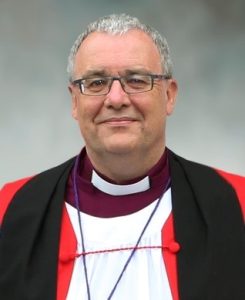 |
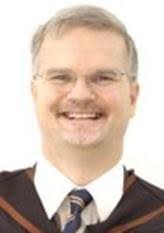 |
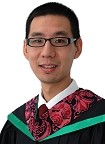 |
| Rev. Dr. Robert Hunt | Dr. Paul Barker | Mr. Allen McClymont | Dr. Peter Lau |
iii). Having TEE centres in different parts of the country that offered courses in different languages enabled us to provide theological training to a wider segment of the Christian population.
iv). Being able to build a much closer relationship with other theological schools and share resources is a beautiful reflection of our oneness in Christ. In the earlier years, there was perhaps suspicion of each other and concern to protect our little “kingdoms”.
3) In what ways has the transformation of STM impacted its students and the community it serves? Could you please share some examples that come to mind?
i). Gotong royong
We bless the community around us when we go out to clean the drains, sweep and clear rubbish, and help to make the playground more attractive. I recall a lady who told me how thankful she was for what we do.
ii). We have also gone out of STM during our Day of Prayer and Fasting in service to others, such as going to an orphanage to help with painting, doing some clearing work at the home of the Infant Jesus Sisters who provide tuition to children from poor families, or going to the old folks home to help. We strive not to divorce learning from service or make learning inward looking.
iii). Our Thanksgiving Day offering is always given to groups involved in community work, like the Infant Jesus Sisters and True House of Victory. This shows our support and appreciation for their invaluable service to society. Even though we are a small community at STM, seeing how many gave generously is such an encouragement.
iv). We impact the church community through our alumni. Many times, members of different churches have told me how thankful they are for the pastors and others who have received training at STM.
4) How has STM evolved in terms of facilities, infrastructure, and academic offerings?
STM has come a long way from the days of cyclostyled lecture notes, writing with chalk on blackboards and handwritten assignments. The onset of the computer and the internet has revolutionized the way learning and impartation of knowledge are done. We have very good facilities today for in-person, online as well as hybrid classes. Students now enjoy better lodging facilities, internet access as well as access to online resources. We also have a beautiful library that is conducive for reading and research. Our offices, including faculty offices, are way more spacious and better equipped today, providing a more favourable working environment that should encourage more efficiency. More classrooms, a big multi-purpose hall, a prayer room, guest rooms, a block of apartment for faculty and staff, and ample rooms in our student dormitories are things that were beyond our imagination in the early days. Curriculum reviews are held from time to time to see if our course offerings need tweaking, changing, or if new courses need to be added to meet the demands of the church in a changing society. We had to discern what areas needed more emphasis at different times. For example, Church History used to be a 6 hour course. Subsequently, it was increased to 8 hours. After that, it reverted to 6 hours as it was felt other areas needed to be given extra hours. This flexibility is important, but the core areas of study and training remain.
5) In your opinion, how has STM contributed to the training of local leaders for Malaysian and overseas churches?
Most of our students serve locally in different capacities but we have a few who serve overseas as missionaries. Many of our heads of churches today were trained in STM. We can be thankful for all these and we pray they will be good and faithful servants, impacting lives and society in a positive way. We have also served many who are now making an impact in the marketplace in their various professions. Through our TEE programmes and the Alumni Association, we continue to provide ongoing learning and also some pastoral care. We also had the honour of training students from other countries when STM had permission to accept international students. There were many churches who were willing to invest in sponsoring these students in their studies. Through this, we contribute in a small way to help build churches in other countries too.
6) What specific qualities do you hope STM maintains or improves upon in the coming years?
i). Holistic training of students;
ii). Inculcating more intentionally the joy of learning, and the need for hard work and discipline;
iii). Working together with other theological institutions in a greater measure;
iv). Deepening worship and community life.
7) What qualities or characteristics do you think are essential for STM to continue being a strong, bible-based, mission-oriented seminary?
i). Faithfulness and obedience to God and His word, and not sacrificing this at the altar of relevance;
ii).Clarity on God’s vision for STM and passion in fulfilling it;
iii). Striving not only for academic excellence but also nurturing the heart of students to trust and obey God in daily life, to work hard, to be disciplined and to serve with humility;
iv). Being alert to challenges and threats that new technologies and ideologies bring, and discerning how best to appropriate what can be good and beneficial, and to reject what will ultimately erode genuine faith;
v). Humility for the privilege of serving God and His people irrespective of our tasks in STM, and working diligently and giving our best.